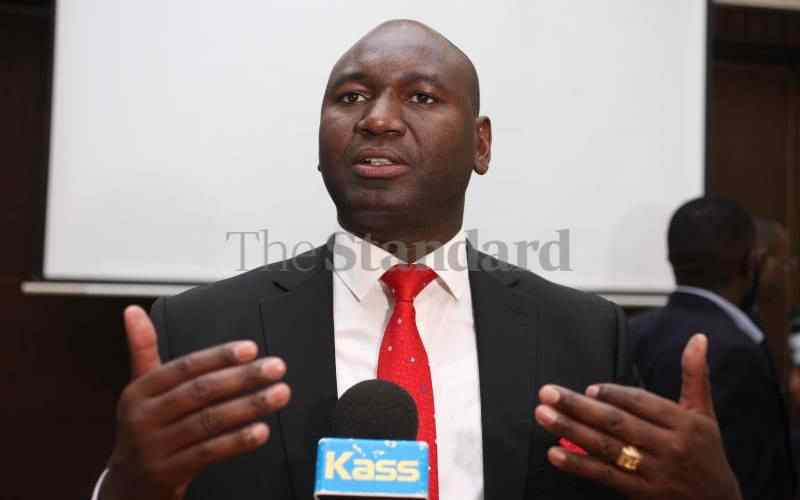×
The Standard e-Paper
Home To Bold Columnists

Immigration and Citizen Services Principal Secretary Julius Bitok has assured citizens that the Maisha Card adheres to international best practices and features enhanced security measures.
This follows concerns raised by civil society regarding the card's validity and effectiveness.